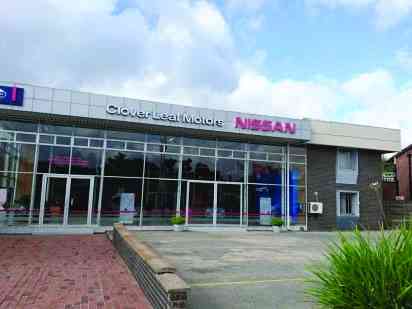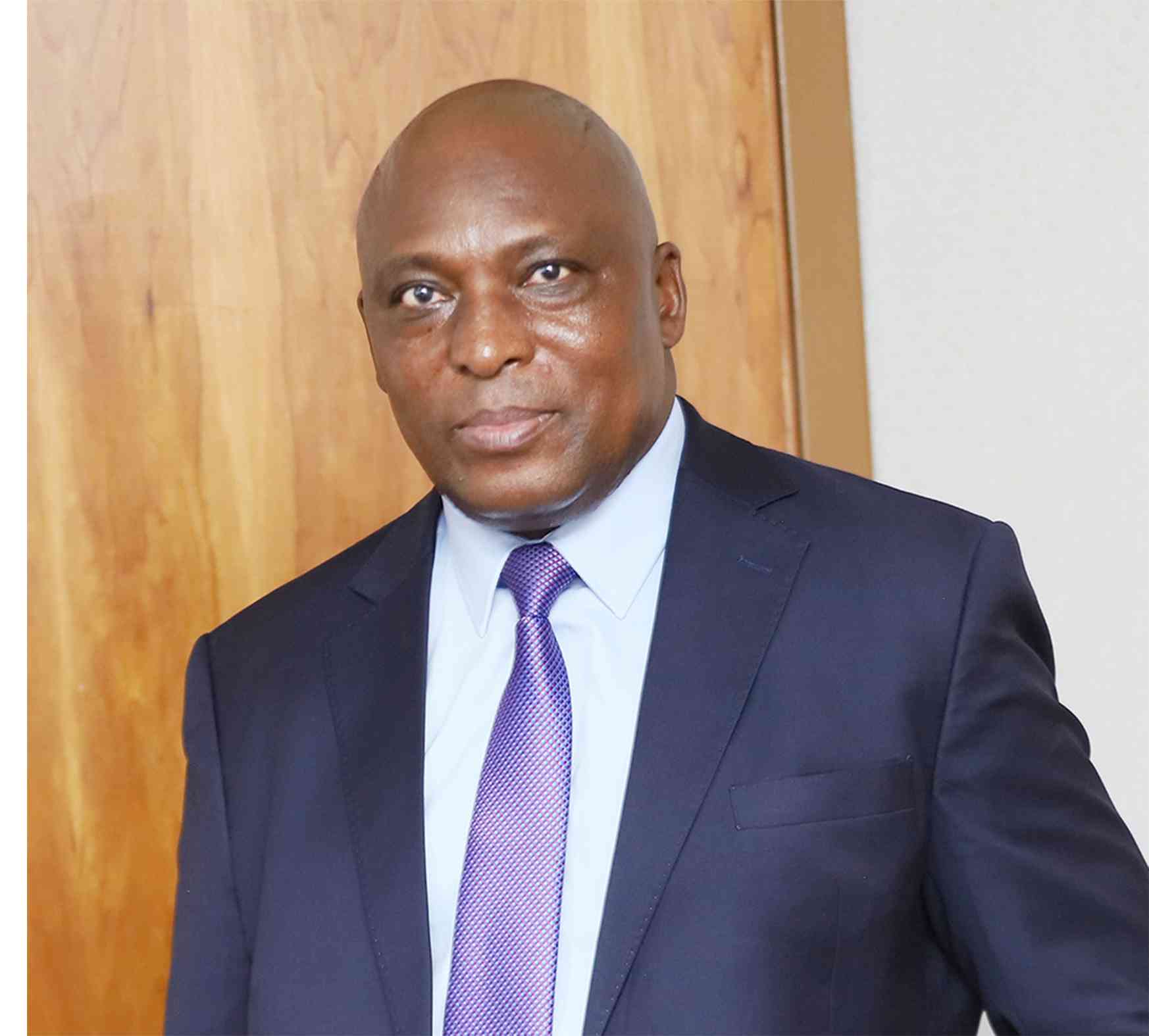
TOURISM minister Mangaliso Ndhlovu said the country is churning out strategies that match the changing needs of the tourism sector which has been battling the ravages of the Covid-19 pandemic.
The outbreak of the Covid-19 pandemic paralysed the whole Zimbabwe tourism industry and travelling restrictions left the industry at a tipping point. The first Covid-19 case was recorded in March 2020.
The sector has been on a rebound while the government has been implementing a slew of strategies to ensure a quick recovery of one of the leading foreign currency-generating sectors.
“The country will maintain the momentum of adopting strategies that conform with the changing needs and demands of tourists. These include digital marketing, profiling unique experiences to tourists such as cultural and experiential tourism in communities.
“Over and above the traditional destination marketing strategies such as international travel fairs, road shows, familiarisation programmes, advertising and many others will continue to be implemented,” Ndhlovu said in an interview with businessdigest last week.
As of the first quarter of 2022, international tourist arrivals rose by 93% to 126 955 from 65 882 in the same period in 2021.
Whereas a positive trajectory was recorded in all areas including domestic tourism and accommodation facility utilisation, average hotel utilisation rose by 20 percentage points from 14% in 2021 to 34% this year.
Based on this positive performance in the first quarter, the tourism sector is expected to fare better in the coming years.
- Young entrepreneur dreams big
- Chibuku NeShamwari holds onto ethos of culture
- LSU students win innovation prize
- Mhofela finally drops album
Keep Reading
Ndlovu said partnerships with airlines and linkages with other regional destinations will further propel “destination Zimbabwe”.
He added that the domestic tourism campaign named ZimBho will further assist in growing the foreign tourists market since foreigners want to go where locals are going
Prior to Covid-19, in 2019 the sector was generating US$1,247 billion annually but in 2021 the sector generated an estimated US$397 million in receipts.
Zimbabwe has also made strides in the liberalisation of the national airspace. The country is a signatory to the 1999 Yamoussoukro agreement aimed at the liberalisation of the international civil aviation regime in Africa.
This triggered upgrades at international airports including Victoria Falls, Robert Gabriel Mugabe International Airport and JM Nkomo International Airport. Apart from the international airports, the government through the Airports Company of Zimbabwe (ACZ) is also moving forward with local connectivity through the rehabilitation of domestic airports.











